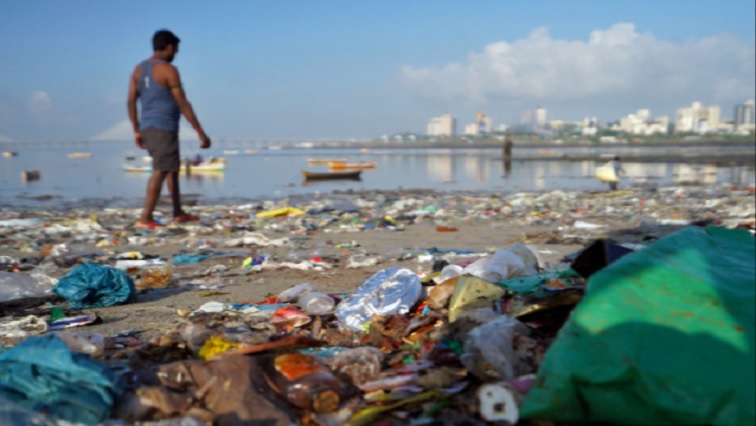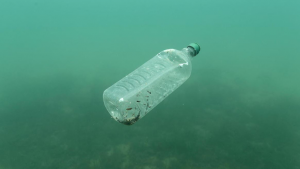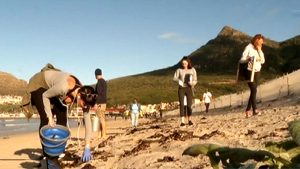The Two Oceans Aquarium in Cape Town says it is crucial that people reduce their dependence on plastic. This as studies show that plastic, which only came into widespread use towards the middle of the 20th century, is now found in even the most remote corners of the world’s oceans.
Turtles are among the thousands of ocean species that bear the brunt of this problem. Sea turtles have roamed the world’s oceans for millions of years. A single turtle can live for over a century and become massive in size. But the human impact has lead to all species of these animals to be either endangered or critically endangered. One of the greatest threats is plastic.
The Two Oceans Aquarium has a long-standing turtle rehabilitation programme. Every year it takes in hatchling and juvenile turtles that have consumed plastic. This year, 71% of all turtles in rehabilitation were found to have ingested plastic. The aquarium’s spokesperson, Renée Leeuwner, says one of the hatchlings had over 120 pieces in its system.
“Plastic is a man-made product that turtles don’t naturally encounter. So, they can’t tell the difference between plastic and their food and they eat it. The thing with that is often the microplastics are quite hard, their hard shards, so once they’ve swallowed it they actually ingest a very hard shard of plastic which causes havoc with their digestive system and often leads to death.”
Leeuwner has asked the public to rethink their use of plastic, especially single-use items such as bags, balloons, plastic cutlery, and straws. “We create so much waste by just tossing, having this throwaway society and if you think about it there isn’t really an ‘away’ on this planet. If you are throwing something into your bin, you are literally just placing it in another place on this planet, if from there it goes to the landfill; it’s still on this planet. So there’s no real ‘away’ when you throw something away. And we need people to really look into that.”
As part of its education drive, Plastic Free July is aimed at encouraging everyone to think about their actions and what impact they will have. With only one in several hundred turtle hatchlings expected to reach adulthood, these animals need all the help, and clean oceans, they can find.






